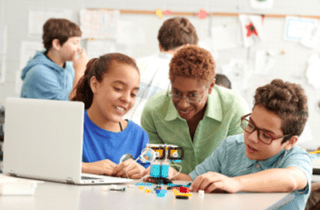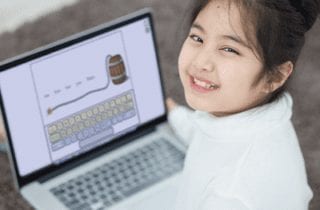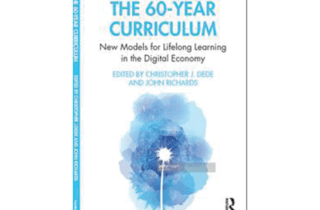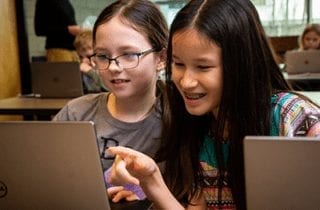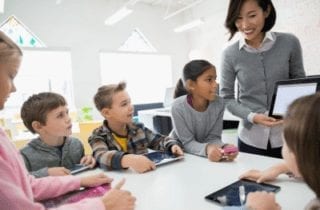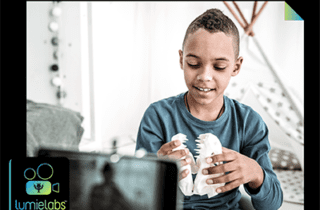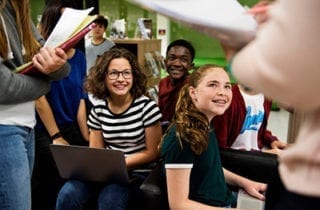Presented by Dr. Leanna Prater, Adoption Lead, US, LEGO® Education; and Jennifer Rodabaugh, STEAM Academic Coach, Anderson County Schools (TN)
Presented by Keith R. Kline, OTR/L; and Valerie Zaryczny, OTR/L
In this edWebinar, Chris Dede and John Richards explore new models and strategies for lifelong learning in an era of profound economic disruption and invention.
Students exposed to coding and programming at an early age are well equipped to take on higher-level computer science courses in high school and have essential skills for future opportunities in the technology world. When Rob van Nood was hired as the educational technology specialist for Catlin Gabel School in Oregon, coding and computer science courses were only offered in grades 9-12 and not to students in the younger grades. The lack of coding curricula at the younger levels has left a significant teaching gap in 21st century skills such as problem solving, designing, and computation thinking.
This edWebinar will provide an overview of the guiding principles of UDL and highlight a wealth of resources to help teachers recognize ways that instruction, materials, and environments can be optimized for all learners.
In this edWebinar, Rob van Nood, Educational Technology Specialist from Catlin Gabel School, will show you how to use coding and data-collection technology to enhance your students’ development of creativity, communication, collaboration, and critical thinking skills.
This edWebinar will focus on positive youth development, entertainment media, scientific research, and the impact of media-making on cognitive development.
This edWebinar will provide you with inspiration and practical details on ways you can utilize technology in your classroom to enhance 21st century skills.
According to Learning in the 21st Century: the 2019 Digital Promise LVP Survey, 83% of teachers think students are capable of high achievement, but just 26% think students are reaching those levels today. As part of the Learner Variability Project, which “seek[s] to uncover strategies to meet learners where they are across varied contexts and needs,” Digital Promise’s team is examining the key factors for different grades and subject levels that impact student learning. During the edWebinar, “Learning in the 21st Century: What Teachers Think Matters,” the presenters talked about the science of individuality, how they’re using the research to help developers create products to meet these individual needs, and examples that show how the Learner Variability Project can work in the classroom.
In this edWebinar, the mathematics coordinator from the Waukegan Community Unit School District #60 in Illinois will discuss how the district employs a continuous and connected approach to improving assessment, instruction and learning.


